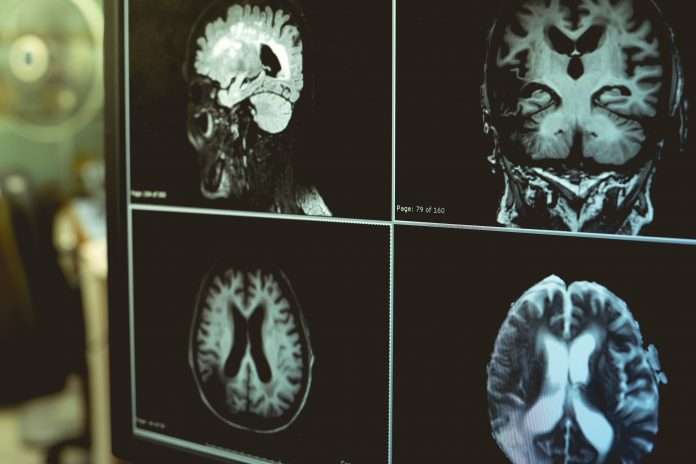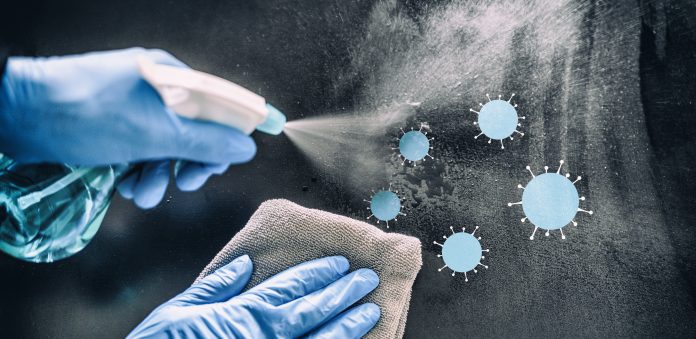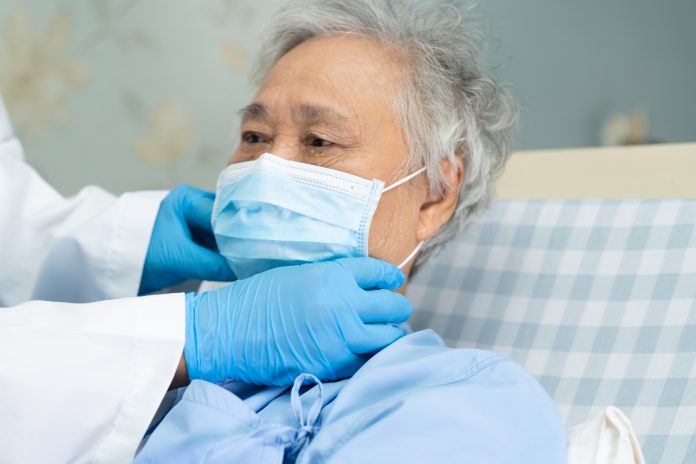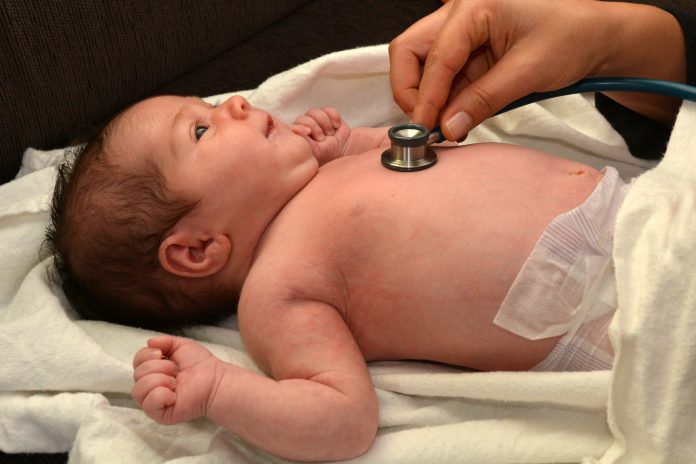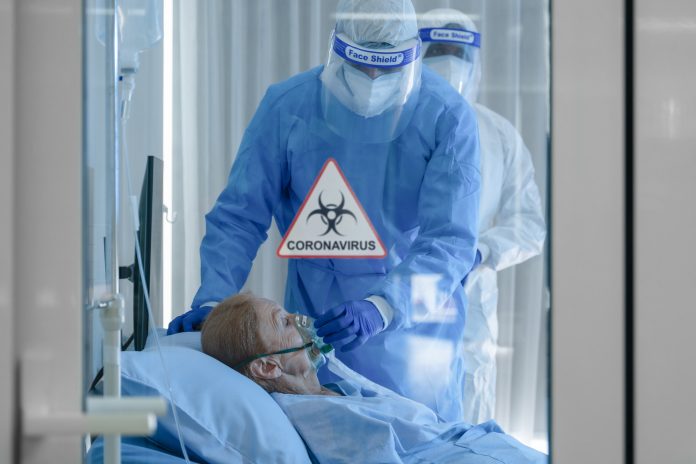Open Access Government produces compelling and informative news, publications, eBooks, and academic research articles for the public and private sector looking at health, diseases & conditions, workplace, research & innovation, digital transformation, government policy, environment, agriculture, energy, transport and more.
Home Search
red blood cell - search results
If you're not happy with the results, please do another search
Plague: The first pandemic disease
Ann G. Matthysse, Professor of Biology from The University of North Carolina at Chapel Hill, writes in detail about plague, the first pandemic disease including comment on bacteria.
Alan N. Schechter, MD – Molecular Medicine Branch, NIDDK
Dr. Alan N. Schechter received the M.D. degree from Columbia University and after clinical training he joined the National Institutes of Health in 1965.
Targeted policy support for emerging biomedical innovations
Michael Morrison, Senior Researcher in Social Science at the University of Oxford, illustrates the importance of emerging biomedical innovations in the UK.
The promises and challenges of biomodifying technologies for the UK
Michael Morrison, Senior Researcher in Social Science at the Centre for Health, Law and Emerging Technologies (HeLEX), University of Oxford, sheds light on the promises as well as biomodifying technologies for the UK.
New contraception guidelines for the COVID-19 pandemic
Dr Deborah Lee, Dr Fox Online Pharmacy, clarifies everything you need to know about using and accessing contraception during the COVID-19 pandemic.
Causes and progression of vascular dementia
Helen Green, Dementia Specialist Nurse on Dementia UK’s Admiral Nurse Dementia Helpline, charts the causes and progression of vascular dementia.
What are the side effects of the AstraZeneca vaccine?
Here, we use science to dissect some of the rumours about the side effects of the AstraZeneca and Oxford University vaccine.
COVID-19: The truth about super-spreaders
Dr Deborah Lee from Dr Fox Online Pharmacy, reveals the truth about super-spreaders as part of our focus on COVID-19.
What effect can sugar have on fertility?
Sarah Trimble, Nutritional Therapist, reveal how to naturally reduce the impact excessive sugar intake can have on your health, with a particular focus on fertility.
Veganism and women’s healthcare: Contraceptive options for vegans
Dr Deborah Lee, Dr Fox Online Pharmacy, considers the contraceptive options available for vegans and the benefits and risks it can have on women's health.
76% of COVID-19 patients still have one symptom, after six months
While long COVID is slowly becoming more understood, ordinary COVID-19 patients are experiencing lasting effects - scientists discovered that 76% of people have atleast one recurring symptom, six months after the original illness.
Prospects for personalised medicine using advanced biological therapies
Dr Michael Morrison discusses the use of advanced biological therapies, such as gene therapy, in treatment for a personalised approach.
A new era in cardiac diagnosis
Justin Hall, GM and VP EMEA, iRhythm Technologies, explores how modern technology is helping to diagnose Atrial Fibrillation (AF).
Functionality of Hemp Proteins and their Peptides
Dr. Christian Löfke, researcher and product developer at BioBloom in Austria explains why hemp protein is gaining a reputation as nutraceutical product.
Consequences of foetal development in a “sweet” uterus: The short-and long-term transgenerational outcomes
Jane C Khoury & Shelley R Ehrlich from Division of Biostatistics and Epidemiology, Cincinnati Children’s Hospital Medical Center, highlight the consequences of foetal development in a “sweet” uterus – including the short- and long-term transgenerational outcomes.
Vascular therapies for mental health disorders
Here, Dr Anju Vasudevan, discusses two distinct vascular therapies in the prenatal, postnatal, and adult brain to combat mental illness.
CBD oil and cancer: What the research shows
CBD oil has long been utilised for its various therapeutic effects, but what about its effect on cancer? Read on to find out more about what the research shows.
Removal of inflammatory ‘evil humors’ – the key to treating COVID-19 complications?
Phillip P. Chan, MD, PhD, Chief Executive Officer of CytoSorbents Corporation (NASDAQ: CTSO), discusses the use of CytoSorb, a broad-spectrum blood purification technology to treat cytokine storm and hyperinflammation in critically ill COVID-19 patients.
The Elephant in the Water: The mammalian dive response and sudden death
Frank F Vincenzi, Professor Emeritus, University of Washington, tells us about the mammalian dive response (MDR), drawing on the case of the woman who developed a fatal heart rhythm while SCUBA diving.
FebriDx: Rapid patient triage test and COVID-19
Here, we discover that FebriDx® rapid point of care triage can help prevent the spread of infection and improve patient streaming.






